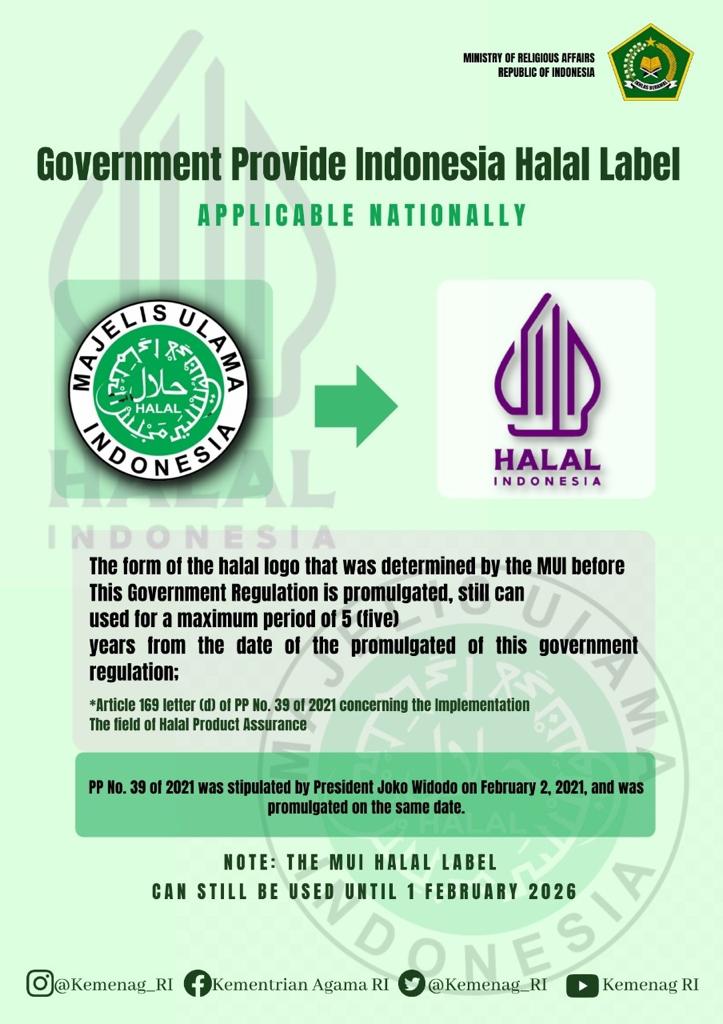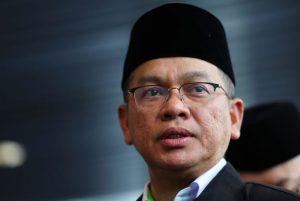DAVAO CITY –
Businessmen in Mindanao lament the indecision of government to address
the issue of halal certification which could open the multi-billion
dollar market in the Middle East to Philippine food exports. The
options include certification by the East Asean Growth Area (Eaga), or
create a Philippine agency to certify that a particular food is okay
for Muslims to consume.
The
latter option seems to have bogged down as government hasn’t able to
come up with anything on it so far, according to the Mindanao Business
Council (MinBC).
MinBC
lamented government’s indecision on the matter as the country and the
rest of the world moves through the year in which economists and
analysts expect the global economic slowdown to grow wider and deeper.
An
opportunity to cushion the impact of economic slowdown is to have am
agency to certify halal food for exports. The opportunity to sell
Philippine food to the rich Mid-East market remains untapped and open
to Filipino exporters.
“Nothing
is moving yet as far as clamor for halal certification of Philippine
food exports is concerned,” said MinBC chairman Vicente Lao. Expanding
food exports from Mindanao to Asian consumers and Arab countries could
happen if the Philippines has its own system of certification in place.
Halal
is the Muslim way of preparing food based on Islamic principles of
religion and sanitation. For meat and poultry, for example, halal
prescribes the correct way of butchering, preparing and processing
meat. Certification would require the word and approval of respected
Islamic scholars.
Experts,
MinBC, and trade and industry officials have long asked for a
certifying body, but “government has not acted on it, and looks like it
does not know how to go about it,” Lao said.
Regions
have signified their local groups could take on the role of a
certifying body, including the certifying body in Autonomous Region in
Muslim Mindanao. MinBC promised to support the region that would be
accredited provided that government begins “moving things around now.”
“It
would not be the private sector to lead it, or to put up the body.
Certainly, it’s not credible because it would be self-serving,” he
said. “The business sector should not establish a certification body to
certify its own product.”
Lao said he is also concerned about Philippine certification, as “government would still need to build on its credibility.”
“Credibility
is not something presented or demanded overnight; it is built through
the years of respectable and credible decisions,” he said.
To
make it easy for the Philippines to enter the Middle East’s halal
market, estimated at $5 billion, “the country may take the BIMP
[Brunei, Indonesia, Malaysia, the Philippines] discussion on getting
Brunei to be the certifying body while the Philippines does the
production, along with Indonesia.” Malaysia was suggested to take
charge of processing. Selected regions of the four countries make up
the BIMP-Eaga growth area, established as a formal group on economic
cooperation here in March 1994.
Lao
said the BIMP-Eaga route for halal certification might be faster and
more credible as Brunei has a track record in this field, and is widely
recognized as the certification authority in Southeast Asia.
“We need that halal certification to have us break into this rich global market, especially in the Middle East,” he said.
Unfortunately,
“we can only wait for government to act on it because it has been
sitting on it for a long time already,” Lao added.



